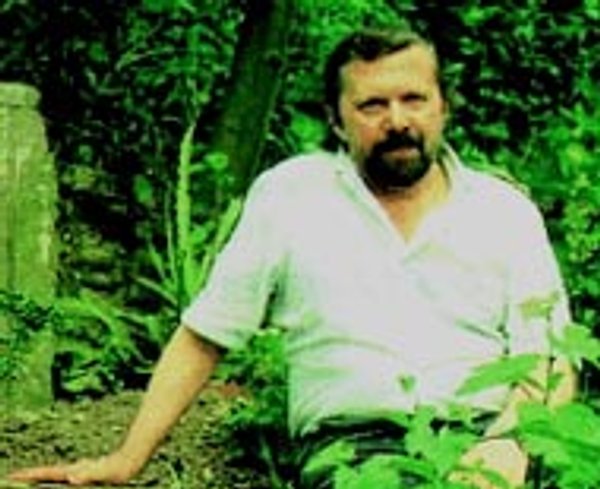The Christian West cannot exist without the Christian East, and vice versa. That is why Pope John Paul II spoke about the “two lungs of Europe." Escrivá, in proclaiming the idea of a “Christian materialism," unites the two lungs. He spiritualizes matter, understood in the West in so pragmatic a way, and he materializes the spirit, which is too spiritualized in the East. That's why I say that the teaching of Josemaría Escrivá is inherently ecumenical.
When my wife and I were translating the homilies in Friends of God, which in Russian is called Those Nearest to God, the first homily we tackled was the one devoted to work done in the presence of God.
As the translation advanced, we realised that work done with the intention of doing it as well as possible in God's eyes was precisely the work Josemaría was speaking of, and that the translation we were doing was a work of God.
So thanks to Escrivá, and I say this as an Orthodox Christian and therefore linked to a tradition of mysticism, I have come to see that God is present in all the situations of each and every day.
